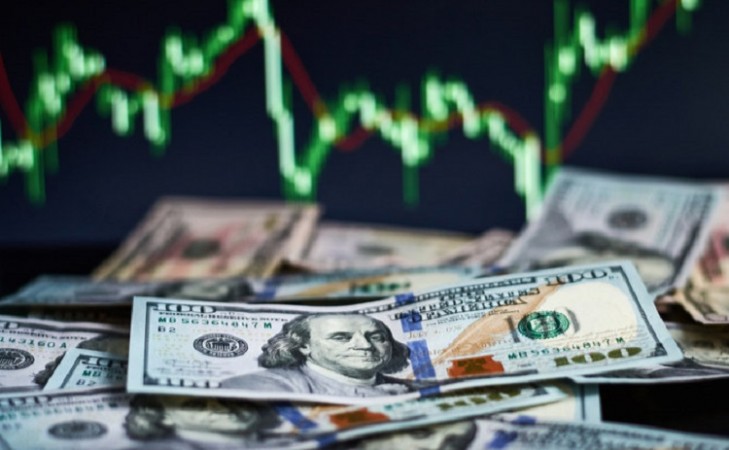
INTERNATIONAL MARKETS: After media reports that the Bank of Japan conducted a rate check, ostensibly in advance of currency intervention, and as policymakers increased their forewarnings about the yen's rapid decline, the yen increased on Wednesday, moving away from a 24-year low.
After the Nikkei website cited unnamed sources for its report on the rate check, in which central bank officials ring up traders and inquire about the price of buying or selling yen, the dollar dropped 1 percent to 143 yen. The Japanese yen had fallen the day before along with other major currencies as an unexpected increase in the U.S. consumer price index (CPI) sent the dollar surging. Early in the day, the yen had dropped close to to 144.97 per dollar.
The dollar index increased by 1.5 percent on Tuesday, the most since March 2020. Shunichi Suzuki, the finance minister for Japan, added on Wednesday that the government was considering intervening to stop dramatic declines in the yen, which has been severely weakened by a surging dollar.
Suzuki told reporters that recent yen movements have been "rapid and one-sided," and that if they continue, the government may choose to intervene in the currency markets by purchasing yen. Masayuki Kichikawa, chief macro strategist at Sumitomo Mitsui DS Asset Management, stated that the central bank likely views recent changes in the yen rate as being too abrupt and significant.
The MOF and BOJ will be under more pressure to tell the market that the most recent move was too quick if the market keeps selling the yen. A bigger step would be to really intervene to support the currency.
"Due to the significant interest rate differences between the United States and Japan, the dollar is now strengthening while the yen is dropping, making it difficult for intervention to be effective. I believe it is best to wait because of this "said Masafumi Yamamoto, head of currency research at Mizuho Securities. The likelihood of intervention will increase to roughly 60 percent from 10 percent to 20 percent before, rather than 100 percent, if the dollar rises over 145 yen.
Last week, the currency fell to a 24-year low of 144.99. The yield on two-year Treasury notes, which often indicates expectations for interest rates, reached its highest level since 2007 on Wednesday, peaking at 3.804 percent. The 10-year yield was most recently 3.4313 percent.
With a 38 percent chance of a super-sized, full percentage-point increase following the FOMC's policy meeting next week, the financial markets have already fully priced in an interest rate hike of at least 75 basis points. A 100 bps boost has no chance of happening the day before.
After yesterday's beating, other currencies remained defensive because a faster pace of rate hikes in the US and higher rates would probably benefit the dollar. The euro was up 0.25 percent at USD 0.99935 but still struggling after its 1.5 percent decline on Tuesday.
After losing 1.6 percent on Tuesday due to decreased fuel prices, the pound gained 0.44 percent on Wednesday to trade at USD 1.1545, according to official data. This was due to an unexpected drop in British inflation in August. The risk-sensitive Australian dollar was unchanged at USD 0.67375, following an overnight plunge of 2.26 percent.